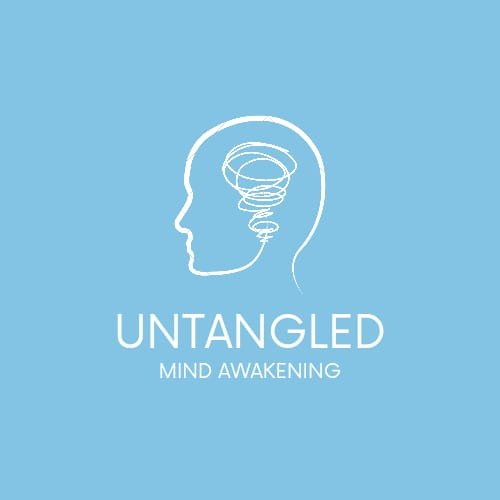What Kids Know About Emotions That Adults Forget
As a psychologist, I often find myself sitting with adults tangled in layers of past experiences, expectations, fears, and forgotten emotions. We talk about boundaries, inner child work, unlearning beliefs, regulating the nervous system — all powerful tools.
But every once in a while, I sit with a child…
And I’m reminded of something I often forget:
Children don’t need to “heal” the way we do.
They are the wisdom.
In their laughter, their tantrums, their honesty, and their presence, they reflect truths that most adults spend years trying to find again.
They Feel Without Shame
A child doesn’t apologise for being overwhelmed.
They don’t say “sorry” for crying, or giggling too loud, or needing a hug in the middle of the day.
They feel, fully and unapologetically.
Adults? We’ve learned to package our feelings. To stay polite. To perform okay-ness.
But children show us what it means to honour emotion as it arises not as it fits into a schedule.
That’s not emotional immaturity.
That’s emotional fluency.
They Teach Us That Regulation Comes From Safety, Not Suppression
A child who feels safe will co-regulate beautifully.
They’ll cry, scream, even rage — and then return to calm with stunning ease. Why?
Because they trust the space, the adult, and their own body.
Adults often confuse control for calm.
We suppress, we hold in, we numb.
But kids? They move through the emotion.
And in that, they teach us what regulation truly is not control, but completion.
They Know When Something Feels Off
Children are incredibly attuned to tone, to tension, to what’s unsaid.
They’ll walk into a room and sense discomfort even before words are exchanged.
They’ll ask, “Why are you sad?” even if you’ve smiled the whole time.
That’s not a coincidence. That’s intuition.
And it’s something many adults have silenced in themselves over time because life teaches us to override our gut.
But every child reminds me: The body knows. The heart always knows.
Expression Is Their Default Language
Give a child crayons, and they’ll draw out what they can’t yet say.
Give them a safe room, and they’ll turn play into a therapy session without even realising it.
They teach us that expression isn’t about logic.
It’s about energy being given a place to land.
Whether it’s role play, storytelling, dancing like chaos, or just screaming into a pillow — kids remind us that we are not meant to hold everything in.
They Offer Unfiltered Connection
The best thing about working with children?
They don’t pretend to be okay when they’re not.
They’re raw. Honest. Curious.
And when they trust you, the connection is real — not filtered through ego, status, or fear.
That, to me, is therapy in its purest form.
Not fixing. Not analysing. Just being with.
What If We Let Ourselves Be More Like Them?
As adults, we often seek to “reparent our inner child.”
But sometimes, the healing starts by just watching a child be.
Noticing how they play, how they cry, how they return to joy.
And gently asking ourselves:
> “When did I stop doing that?”
“When did I decide this part of me wasn’t allowed?”
So yes — I believe kids are the best therapists.
Not because they have degrees or diagnoses.
But because they hold a mirror up to our most authentic selves.
They remind us that we were whole before we were hurt.
And in the presence of their unfiltered truth, we begin to remember ours.
Untangled Therapy Services
🧠 Helping people unlearn, soften, and come home to themselves.

